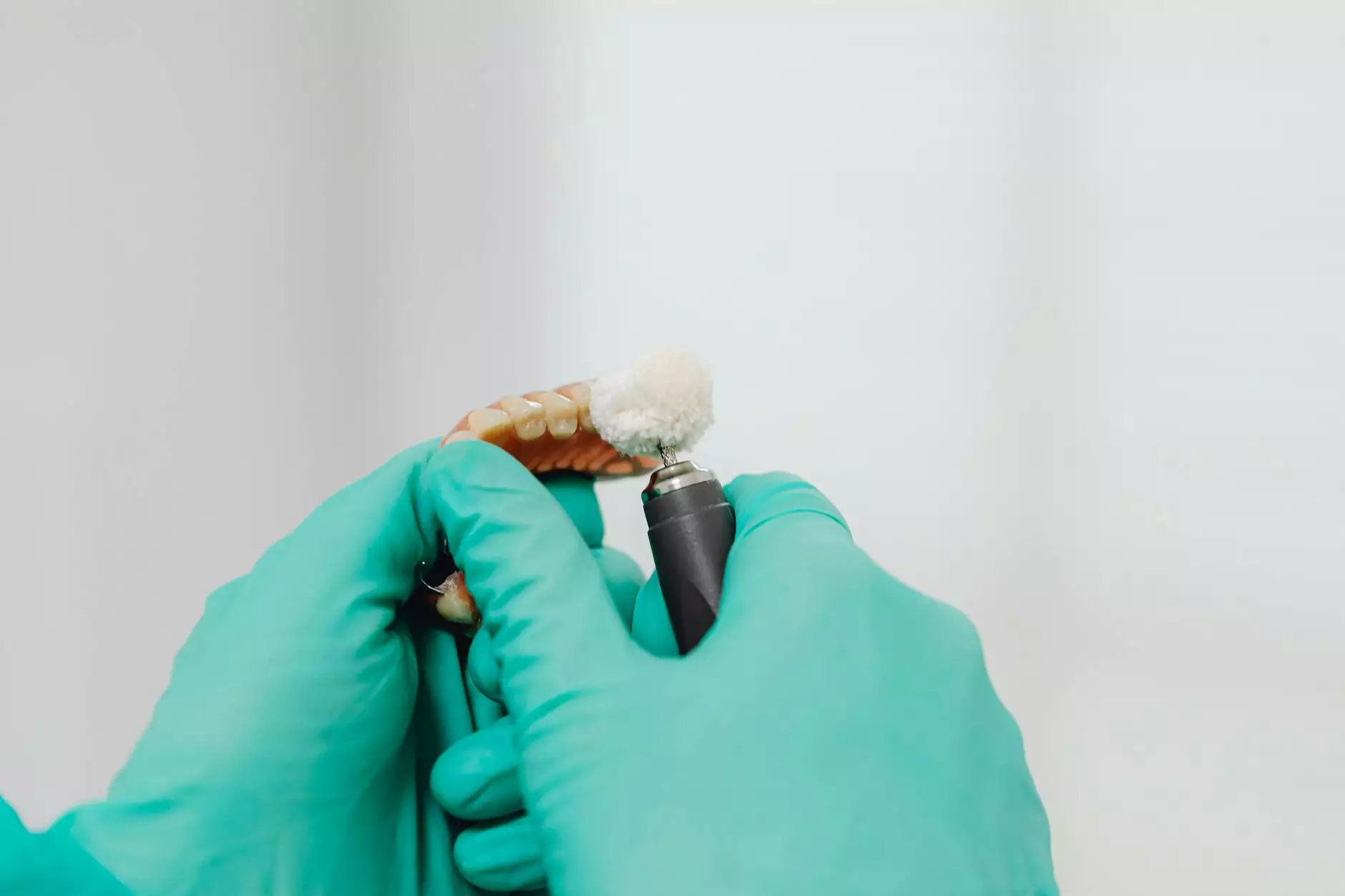Understanding Swollen Feet and Ankles After Surgery

Experiencing swollen feet and ankles after surgery can be a common concern for many individuals recovering from various medical procedures. The body undergoes significant changes during and after surgery, and fluid retention is often a part of the healing process. In this detailed article, we will delve into the reasons why swelling occurs, how it can affect your recovery, and the steps you can take to manage this symptom effectively.
What Causes Swelling After Surgery?
Swelling, medically known as edema, is the result of fluid accumulation in the body's tissues. After surgery, several factors can contribute to this condition:
- Inflammation: Surgery induces an inflammatory response in the body, which can lead to increased blood flow to the area. This blood flow, combined with the healing process, causes fluid buildup.
- Gravity: When you remain stationary for long periods, especially while lying down, gravity can cause fluid to accumulate in your feet and ankles.
- Medications: Certain medications, particularly those used for pain management, can cause water retention, leading to swelling.
- Immobility: Reduced physical activity after surgery can impair circulation, contributing to fluid buildup in the legs and feet.
The Impact of Swollen Feet and Ankles After Surgery
The presence of swollen feet and ankles after surgery can significantly affect your recovery experience:
- Discomfort: Swelling can lead to pain and discomfort, making it challenging to move around and carry out daily activities.
- Mobility Issues: Excessive swelling may limit your ability to walk or stand, affecting your rehabilitation process.
- Psychological Effects: Visible swelling can be distressing, impacting your mental well-being and encouraging feelings of frustration or helplessness.
When is Swelling After Surgery Normal?
While swollen feet and ankles after surgery can be concerning, some degree of swelling is typically expected. It is essential to differentiate between normal swelling and swelling that might indicate a complication:
Normal Swelling
In most cases, swelling that occurs within the first few days to weeks post-surgery is part of the body's natural healing process. Mild swelling can be considered normal if:
- The swelling gradually decreases over time.
- You do not experience severe pain or redness.
- The swelling is localized and does not appear suddenly.
When to Seek Medical Attention
Certain signs should prompt you to contact your healthcare provider, as they may indicate complications, such as:
- Severe pain: If the swelling is accompanied by intense pain that doesn't improve with rest.
- Redness or warmth: Indicators of potential infection or other serious conditions.
- Sudden onset of swelling: Sudden swelling, especially if it affects one leg more than the other, can signal a blood clot.
Effective Strategies for Managing Swollen Feet and Ankles After Surgery
Managing swollen feet and ankles after surgery is crucial for your comfort and recovery. Here are some effective strategies:
1. Elevation
Elevating your legs can help reduce swelling significantly. Aim to keep your feet elevated above the level of your heart for at least 30 minutes several times a day.
2. Compression
Wearing compression socks or sleeves can aid circulation and help prevent fluid accumulation in the feet and ankles.
3. Hydration
Staying well-hydrated is essential. While it might seem counterintuitive, adequate hydration can help your body properly balance fluids and prevent excessive swelling.
4. Controlled Movement
Engaging in gentle movements and physical therapy exercises as directed by your healthcare provider can promote circulation and reduce swelling.
5. Diet Considerations
A balanced diet low in sodium can help minimize fluid retention. Incorporate potassium-rich foods, such as bananas and leafy greens, which can assist in fluid regulation.
Consulting with a Vascular Specialist
If you continue to experience significant swelling after following initial care strategies, consider consulting with a vascular specialist. At Truffles Vein Specialists, we provide personalized evaluations and treatment plans tailored to your specific needs.
Why Choose a Vascular Specialist?
Vascular specialists possess expertise in vascular health and can offer advanced treatment options, including:
- Diagnosis: Accurate assessment of the cause of your swelling through imaging and tests.
- Treatment Options: Custom treatments that may include medications, compression therapy, or minimally invasive procedures.
- Ongoing Support: Continuous monitoring and adjustments to your treatment plan as necessary to promote healing.
Conclusion
Swollen feet and ankles after surgery are natural responses to surgical procedures, but they can cause concern and discomfort. Understanding the causes and knowing how to manage this condition is essential for a smooth recovery. Utilizing strategies such as elevation, compression, and maintaining hydration, along with monitoring your symptoms, can significantly alleviate swelling. Remember to consult your healthcare provider or a vascular specialist for personalized advice and treatment options. Your recovery is a journey, and being informed will empower you to take control of your health.









